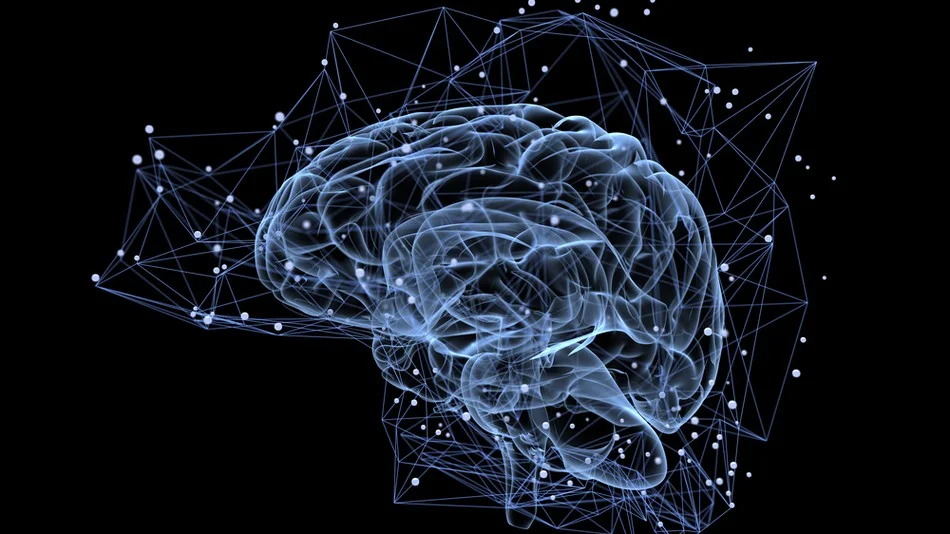Alzheimer's disease, the most common cause of dementia among the elderly, is characterized by plaques and tangles in the brain, with most efforts at finding a cure focused on these abnormal structures. But a research team has identified alternate chemistry that could account for the various pathologies associated with the disease.
Listening to music invokes a lot of different mental processes. Our brains try to find a pattern in the music and predict what will come next.
A new study reveals unique connections within brain networks in children on the autism spectrum.
Sometimes called the “sixth sense,” proprioception is crucial for controlling our movements and knowing where our body is in space.
The internet has revolutionized the ways in which we communicate, gather information, make purchases, and consume entertainment.
Neuroscience is such an ever-evolving, ever-important field. But not everyone had the chance to study it in college.
We have entered an era of exceptional confluence between different disciplines, technologies, and institutions that contribute to emerging techniques in neurosurgery.
Neural regions underlying risk-taking and regret may one day point toward treatments for compulsive betting. By Bret Stetka
Some say our gadgets and computers can help improve intelligence. Others say they make us stupid and violent. Which is it? By Elena Pasquinelli









